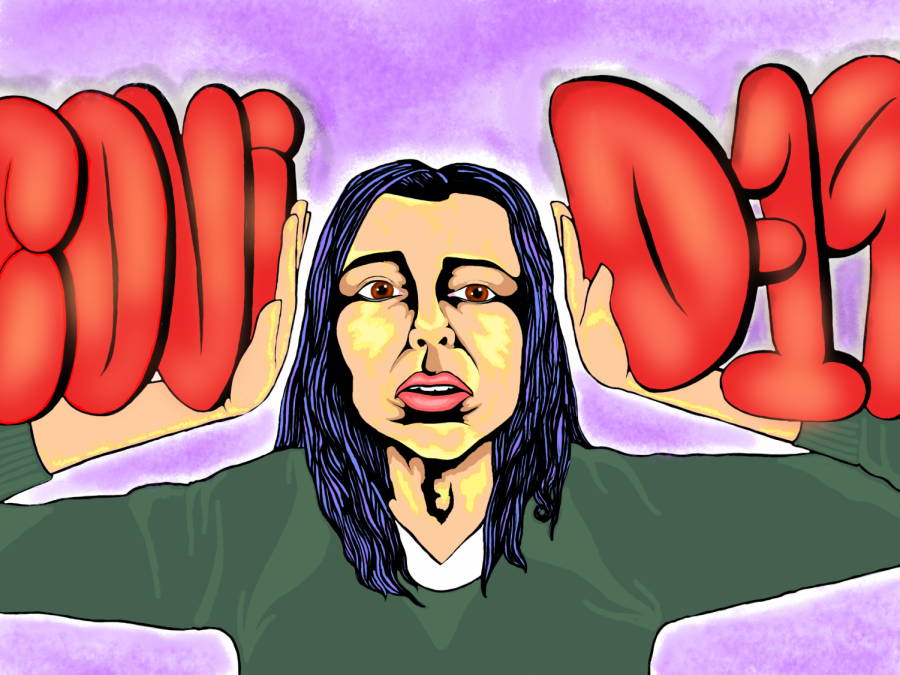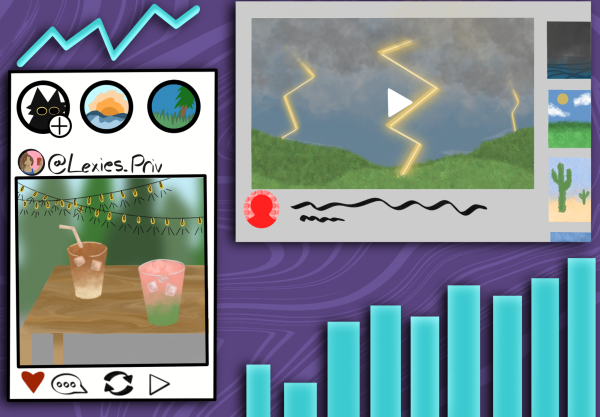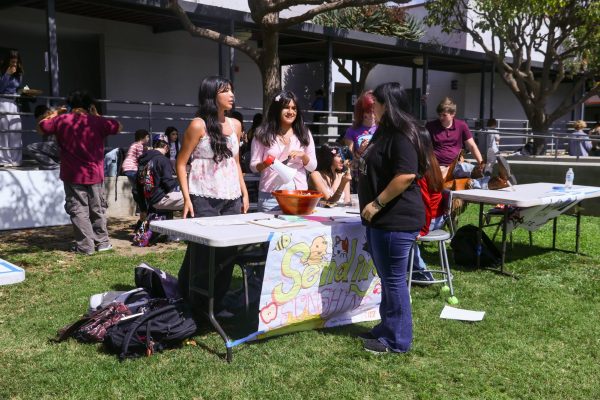The effects of school closures on students’ mental health
The pressures that come with the effects of COVID-19, such as school closure and distance learning, can have a major impact on students’ mental health, as well as how they can cope with these new stressors.
April 30, 2020
Students across the world have felt the pain of missing months of their high school year. However, COVID-19 has posed more challenges than missing friends and a regular routine for many students. Shakti Dutt ‘21 and Toby Pflaumer ’21 reflect over some of the struggles and benefits of quarantine.
The feeling of isolation is a reality right now for many people, especially for teenagers who struggle with mental health.
Dutt mentioned feeling as though she has “no one to talk to” after being surrounded by the same people every day. Additionally, while there are therapy options available online and hotlines in case of an emergency, they are not available to provide the same support and benefits that in-person counseling does.
Mental illnesses, such as anxiety or depression, are common among teenagers as about 20% experience some form before reaching adulthood. These feelings can be magnified by the anxiety surrounding the coronavirus and social distancing protocols.
Jane Napora, a Student Assistant Program (SAP) Counselor at Foothill Tech, emphasized that students should ask for help, especially if they are struggling mentally.
“It’s okay to reach out to counselors,” said Napora, adding that it is important for students to keep a schedule.
Missing celebratory events and sports seasons are among the things Foothill students have expressed as challenges at this time. One student wrote on social media that “being able to see my friends is where a lot of my happiness comes from,” and that isn’t a safe activity at this time.
Even though students might feel isolated, it is important that they find a way to keep interacting socially. Teenagers are often more social than any other age group, and not being able to socialize in the same manner because of school closures has been shown to have negative effects.
“When you don’t have the opportunity to socially interact it can be taxing on students,” said Napora. She also believes some of the stress comes from students having long days with limited activities. “Some [students] have challenges occupying time.”
Staying connected with fellow students and teachers is very important, but there are other things students can do on their own to stay healthy and stable. NAMI, the National Alliance on Mental Illness, offers advice on coping with feelings about the coronavirus, including:
– Be sure to get out and exercise
– Practice relaxation and meditation techniques
– Do meaningful things with free time, such as reading or art
Social isolation has enabled students to find new coping mechanisms. Dutt expressed that the school closure has impacted her mindset, outlook and routine. She finds it more stressful to have to depend on herself to be productive and attempt to replicate the structure provided in the education system. However, she finds peace in tapping into her creative side.
Pflaumer believed that not being able to see people would have a negative impact as well. He used the extra time he has to be creative and remain dedicated to having a positive mindset.
“I’ve been doing a lot. I’ve been drawing a lot more and doing more photography,” Pflaumer expressed. “I’ve also been reading more.”
Dutt has used some of this time to invest in her interests.
“I’ve been doing a lot of art. I started painting my boots,” she said, adding that she writes for a local newspaper, has been working on poetry and listening to music.
Not only has the stress of isolation affected many, so has the transition to online learning. Both Dutt and Pflaumer were critical of the platform Ventura Unified School District is using for student learning.
“If it wasn’t for the online school we have to endure, Edgenuity, I think I would be okay,” said Pflaumer.
Dutt’s thoughts on the matter were similar, “I really dislike distance learning. I’m just not used to that and I feel like I’m not learning at all.”
While each and every one of us is feeling the strain of the stay-at-home order and need to social distance, it is important to remember to find positive ways to stabilize our mental health.















